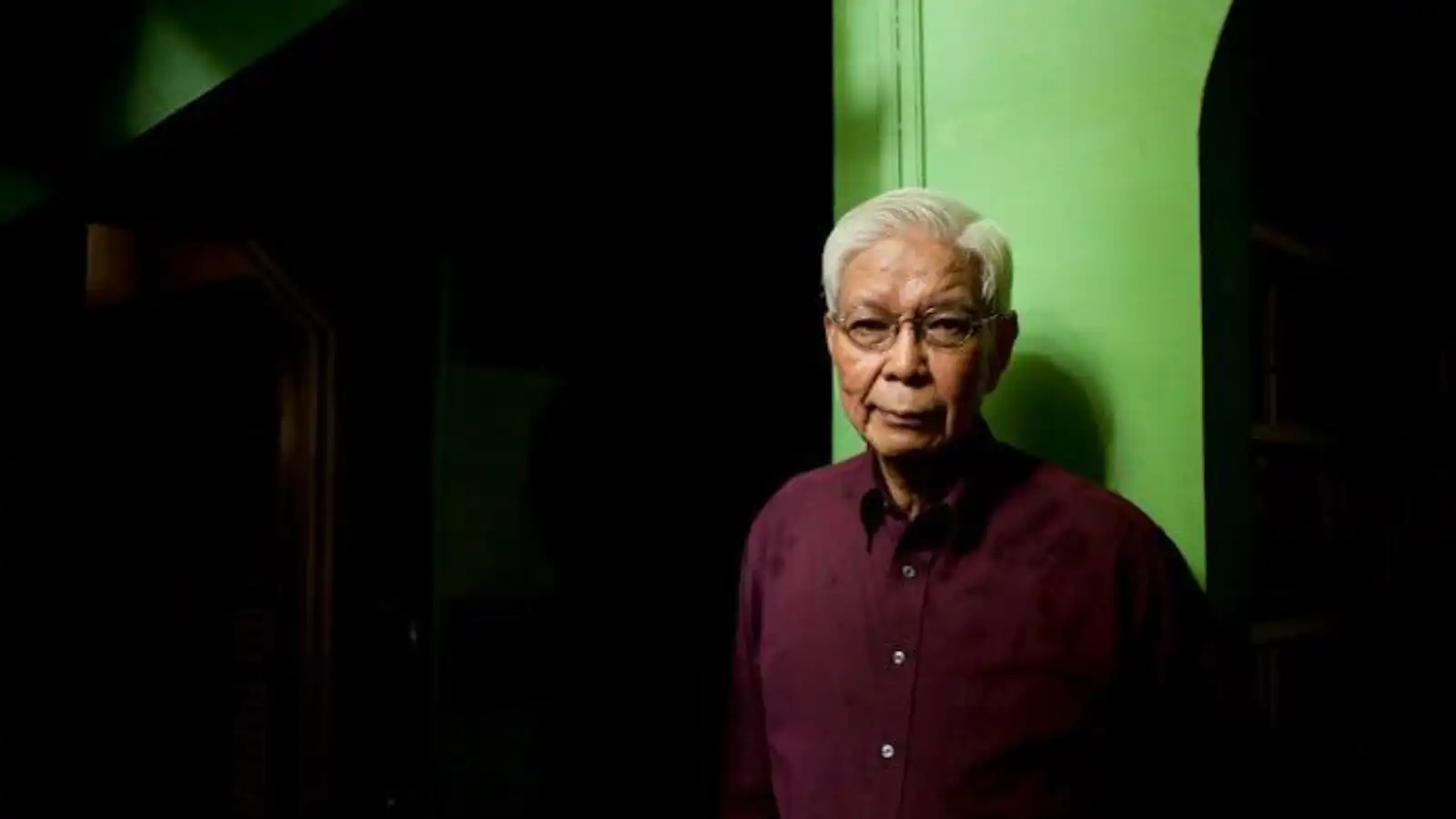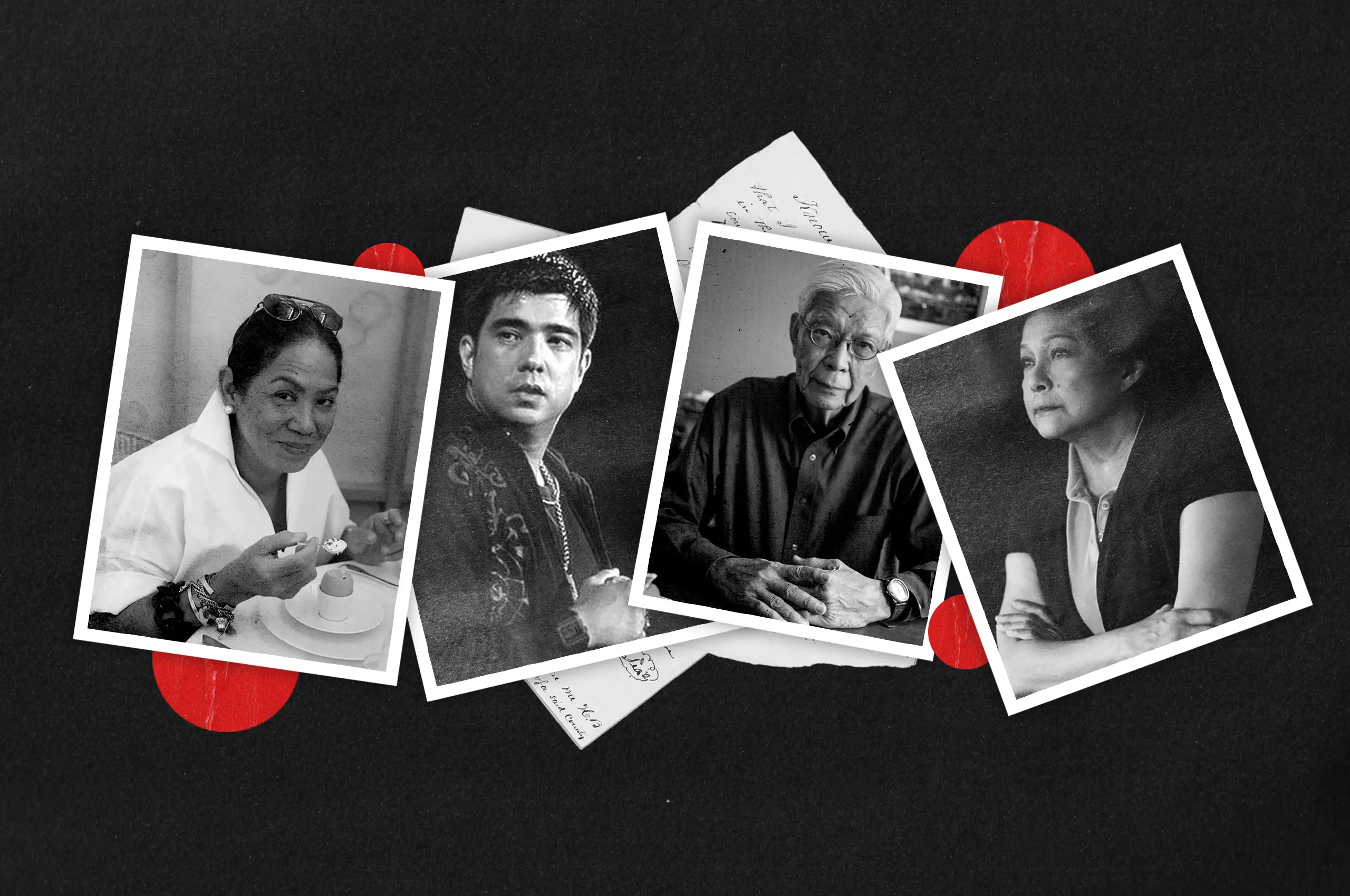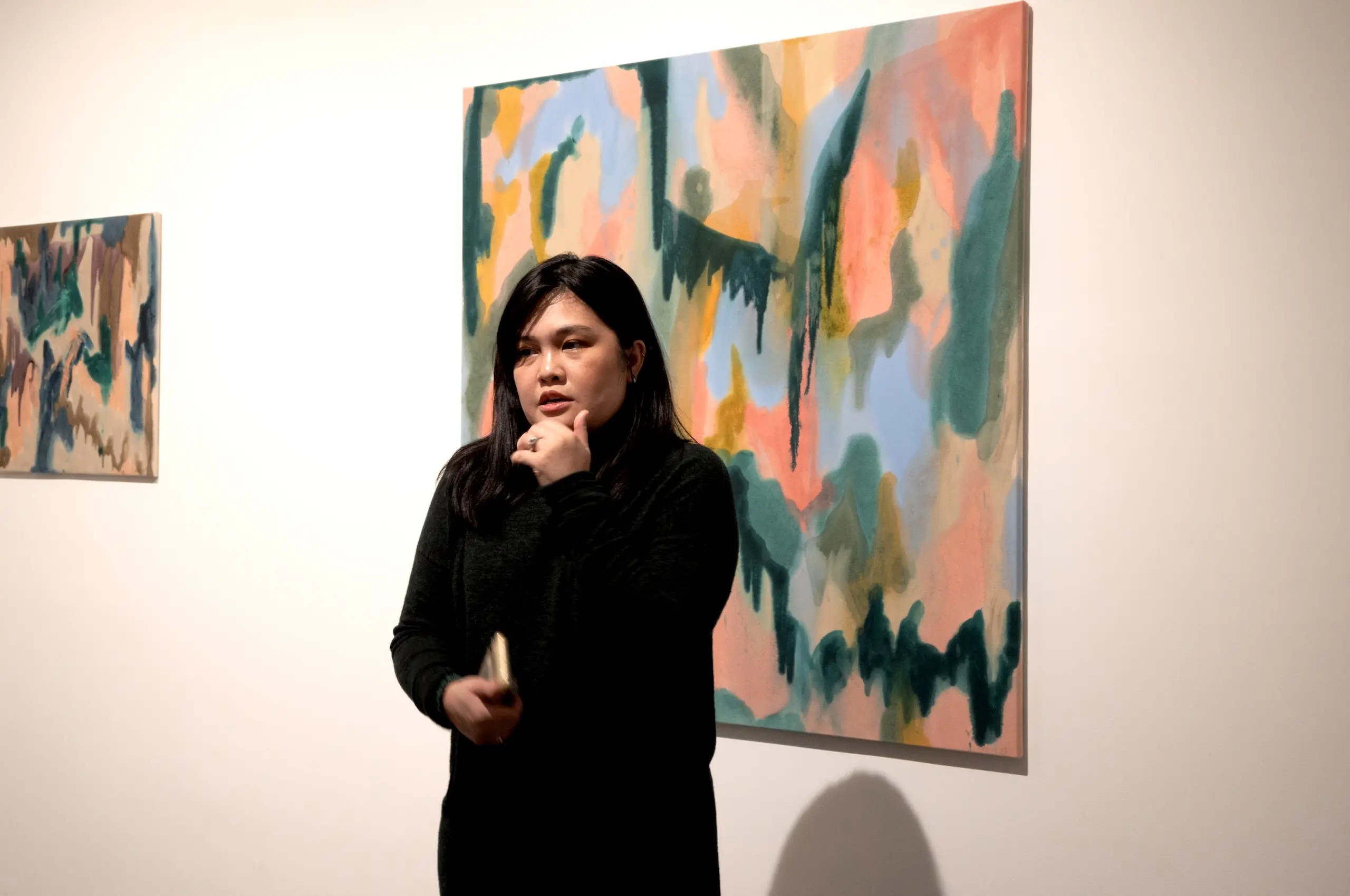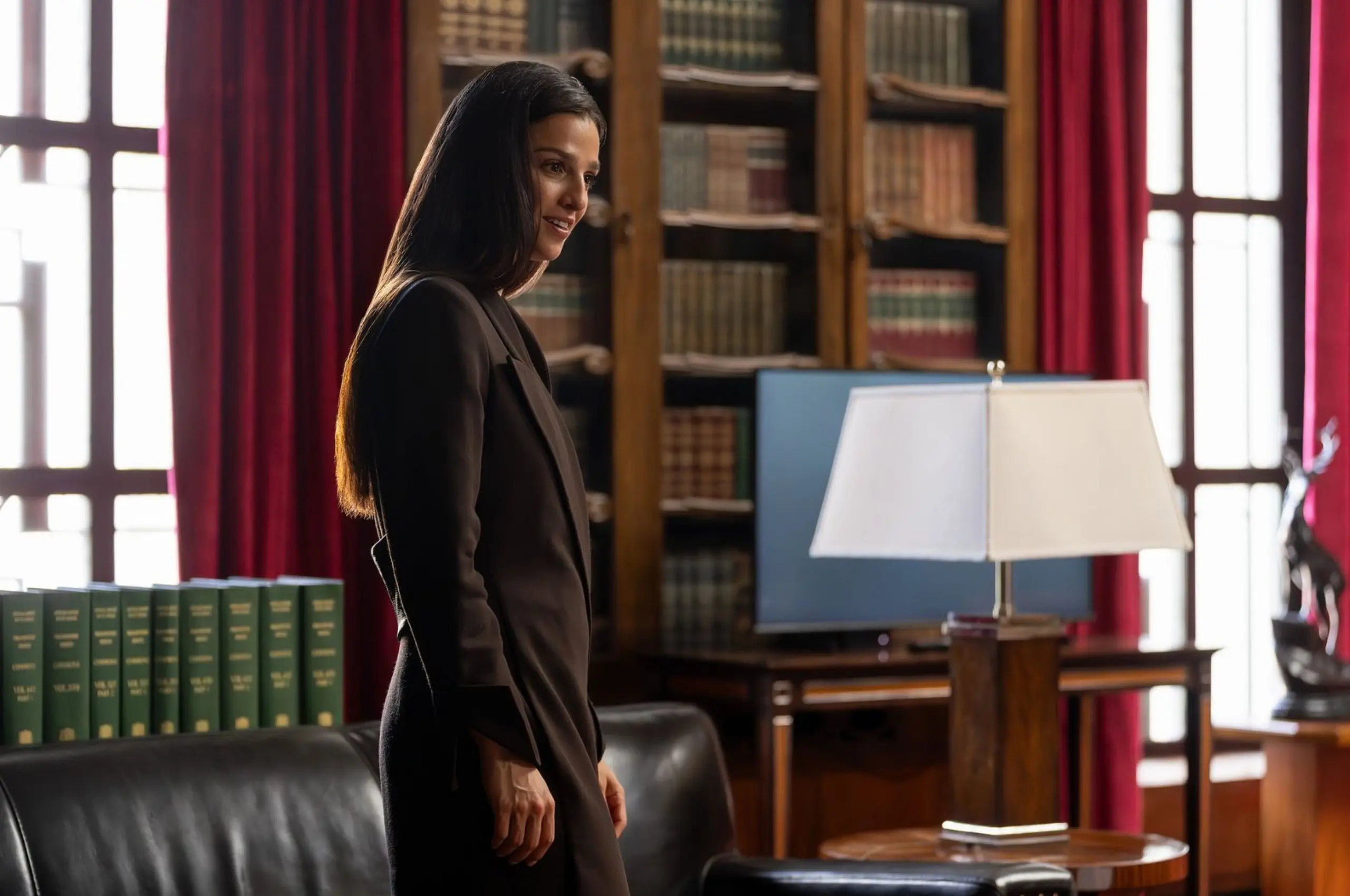On November 20, at the inaugural Hall of Fame event, Rolling Stone Philippines pays tribute to the contributions of four visionaries who shaped Philippine culture for generations.
Rapper Francis Magalona, actress Nora Aunor, chef Margarita Forés, and writer Gregorio C. Brillantes each built a legacy that continues to guide how Filipinos connect with music, film, food, and literature. Despite coming from different corners of the country, all four created paths that influenced their fields far beyond their lifetimes. They were not only leaders within their fields, but also artists who shifted the national conversation through craft and consistency.
Each and one of their contributions pushed Filipino identity into new spaces and gave audiences reference points for pride, creativity, and personal history. The Rolling Stone Philippines Hall of Fame honors the lives of Magalona, Aunor, Forés, and Brillantes, and the impact they left on those who continue to build on their foundations.
Nora Aunor

Aunor’s name has long been tied to excellence in performance. Her career spans almost six decades and has been recognized through awards, citations, and continued praise from critics, actors, and filmmakers. She has appeared in nearly 200 films and worked with some of the most important directors in Philippine cinema, including Mario O’Hara, Lino Brocka, Ishmael Bernal, Joel Lamangan, Brillante Mendoza, and Adolfo Alix Jr.
Aunor’s most enduring films include Himala, Paano Ba Maging Isang Ina?, The Flor Contemplacion Story, and Thy Womb. In 2024, Bona, a film she both starred in and produced, was screened again at the Cannes Film Festival, a reminder of how her work continues to resonate internationally.
Aunor’s legacy stands on the belief that performance should leave a mark that outlives the moment. From the subtle shift in her expression to the way she communicates grief or longing, Aunor created a language of acting that inspired generations. Few have done this as consistently as she has, and for that her presence and influence in Philippine film history endures.
Margarita Forés

For almost four decades, chef Margarita Forés transformed the way Filipinos understood dining. As the founder of Cibo, Grace Park, and Lusso, she introduced ideas that expanded what local culinary spaces could offer. Her training in Italy during the mid-1980s shaped her approach to flavor, technique, and hospitality. That experience set her apart during a time when Italian cuisine in the Philippines was limited to a few familiar dishes. Forés brought home a deeper understanding of Italian culture and found ways to translate it through Filipino produce and sensibilities.
Her strength came from her instinct to welcome people. She built restaurants that ranged from casual comfort meals to complex dishes meant for long conversations, with an attention to detail and maternal approach that set the tone for teams she led. Many of the cooks who worked with her eventually became leaders in their own right, carrying her influence with them.
Cibo, Grace Park, and Lusso all carry her imprint, but her legacy extends to the restaurants she helped develop, the events she curated, and the communities she supported. Her impact sits in the memories created around her food and in the way she used cooking to bring people together, shaping Philippine dining with grace, vision, and an insistence on excellence that left a powerful mark on the hospitality industry.
Gregorio C. Brillantes

Brillantes is remembered as one of the pioneers in Philippine literature, particularly for his work in literary journalism and short story fiction. He showed that stories about imagined worlds could still speak to the realities of those living at the margins of the country. Through space travel, distant galaxies, and unfamiliar landscapes, Brillantes wrote about Filipino life in ways that opened new doors for readers and writers. His short stories are among the most respected works in Philippine fiction.
In 1961, Brillantes became an editor of the Philippines Free Press where he guided younger writers while shaping the publication’s literary direction. His collections, including The Distance to Andromeda and Other Stories and The Apollo Centennial, stand as proof of his command of the short form. He wrote alongside figures like Nick Joaquin, Kerima Polotan, and Jose F. Lacaba, who became his contemporaries in shaping the national literary voice.
Brillantes received several lifetime achievement awards, including the Gawad CCP Para sa Sining from the Cultural Center of the Philippines. His stories continue to appear in anthologies that introduce young readers to Philippine literature. For many authors, Brillantes was the writer who showed that imagination could be taken seriously and that science fiction could carry the same emotional and cultural weight as realist fiction. His body of work stands as a bridge between generations and remains vital to the country’s literary history.
Francis Magalona

Francis Magalona, known by his artist name Francis M, opened the doors for Filipino hip-hop to enter the mainstream at a scale that had not been seen before his arrival. His transformation from a young showbiz actor into a central figure in Philippine music created a blueprint for rappers and producers who came after him. His songs carried messages about identity, unity, and national consciousness, and they built a foundation that influenced decades of artists.
“Kaleidoscope World,” “Mga Kababayan,” and “Superproxy,” his collaboration with Eraserheads, remain some of the most important songs in Philippine music. “Superproxy” also became a cultural marker that eased a divide between the rock and hip-hop scenes that often viewed each other with tension. Magalona’s curiosity led him to experiment with genres. His work with rock band Hardware Syndrome proved that he could move between rock and rap without losing precision or artistic intention. His influences ranged from classic hip-hop to the sounds of bands like Nirvana and Pearl Jam, which shaped the texture of his later work.
Magalona collaborated with artists like Parokya ni Edgar, Gloc-9, and many others. He pushed boundaries without losing sight of the message he wanted to communicate. His impact on music, culture, and identity remains strong more than a decade after his passing. For many Filipinos, he set the standard for what it means to create with purpose.







